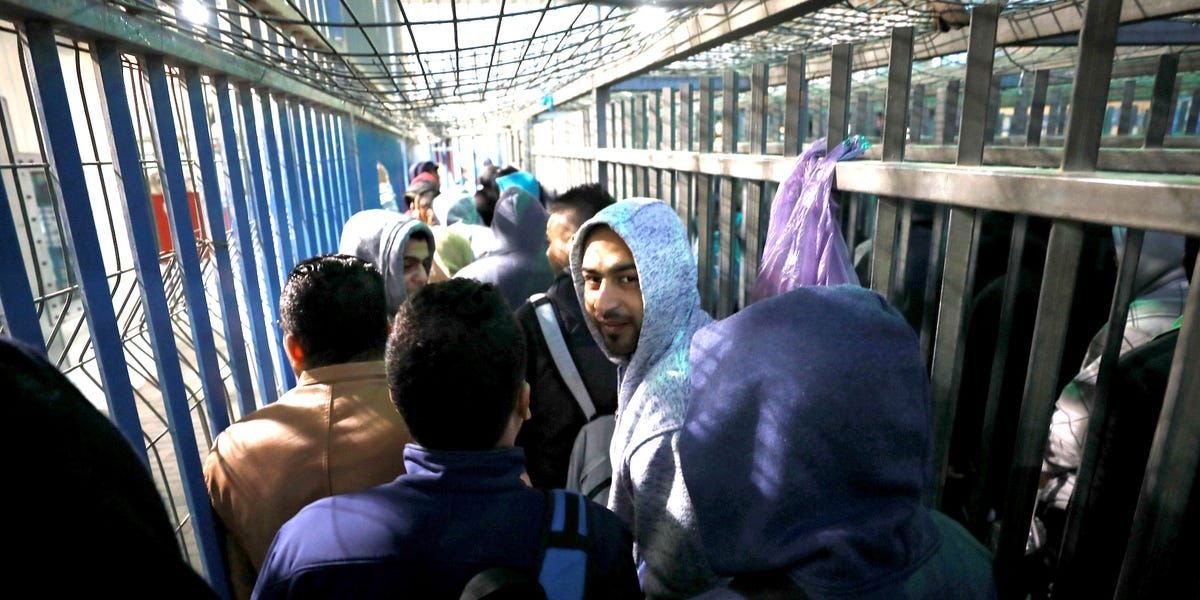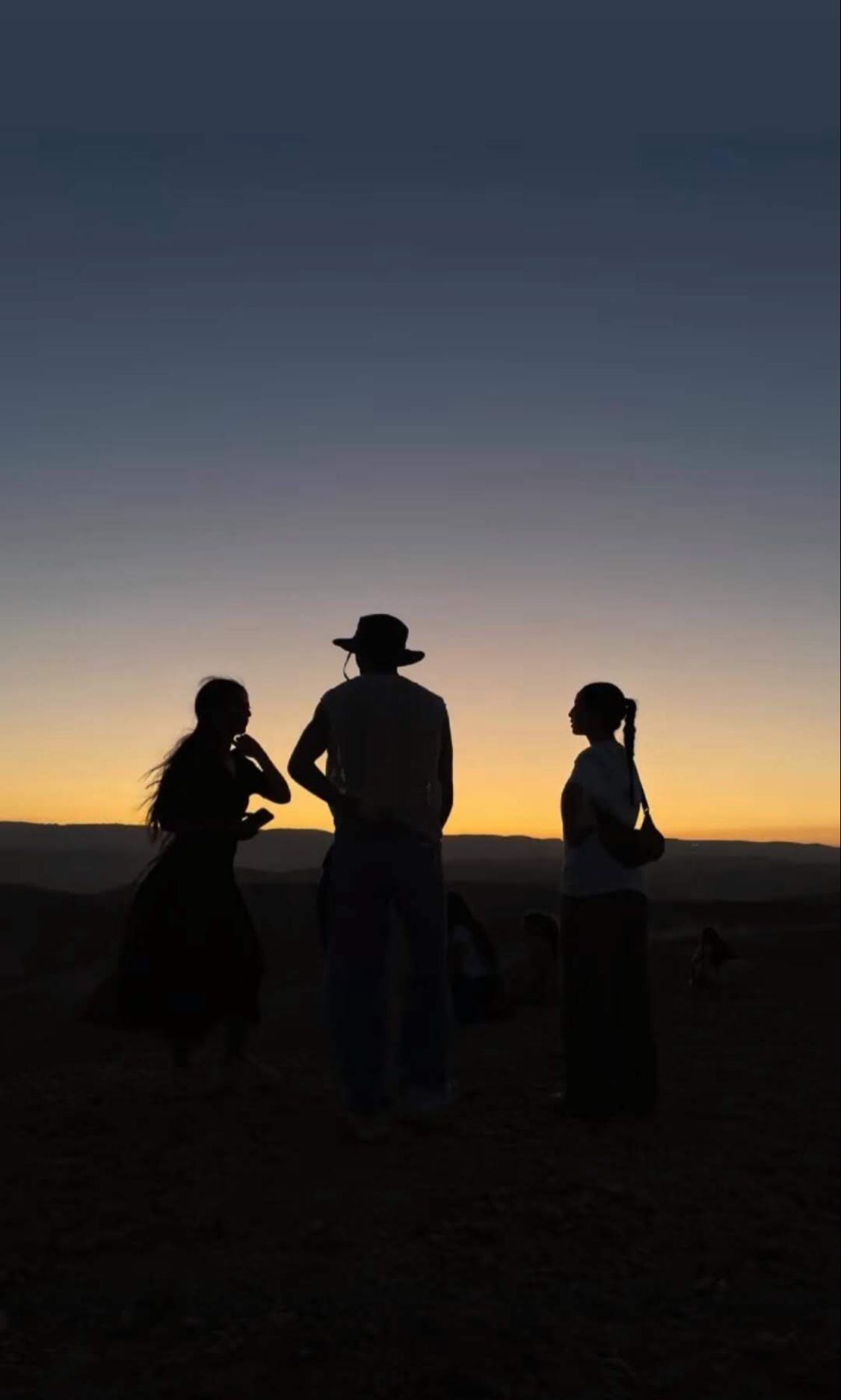“As it bears repeating, religion is not at the heart of the issue; land is.”
My first intellectual engagement with the Palestinian question came through encountering Chomsky and Pappé's work, "Gaza in Crisis." I vividly recall the sight of the newly bought book resting on the table that my parents had bought. Although much of the content eluded my comprehension at the time, what remained was the profound sense of injustice it evoked within me.
I completed my internship with Dalia in Ramallah. Last summer, I was writing my thesis on agro-resistance, and Dalia was providing support to some of the actors I was studying.
As it bears repeating, religion is not at the heart of the issue; land is. Israel implements policies aimed at annexing land by labeling it as "unused," obstructing fertilizer imports, uprooting trees, setting fields on fire etc…
Consequently, agriculture becomes an act of resistance. Or as Baha (our beloved program leader) once stated: "We're not a militia. Our weapons are our pickaxes and shovels, our hands, and our olive trees."
Quote by Mahmoud Darwish
What was one situation that stuck with you?
Once, I was passing through the Qalandiya checkpoint, one of the most notorious architectural symbols of what an Apartheid State represents. For some reason, I was instructed to disembark the bus along with other Palestinian men and queue in a room resembling a cattle pen. Israeli soldiers were barking at us, their eyes filled with a level of hatred and disdain that I had never encountered before. The queue was completely artificially maintained, and turnstiles were opened and closed without rhyme or reason, forcing people to run desperately to the next one. Noticing my confusion, a woman turned to me and said:
"There's no set rule for when they open or close the doors. The only consistent rule is to humiliate us as much as possible. Every day.”



